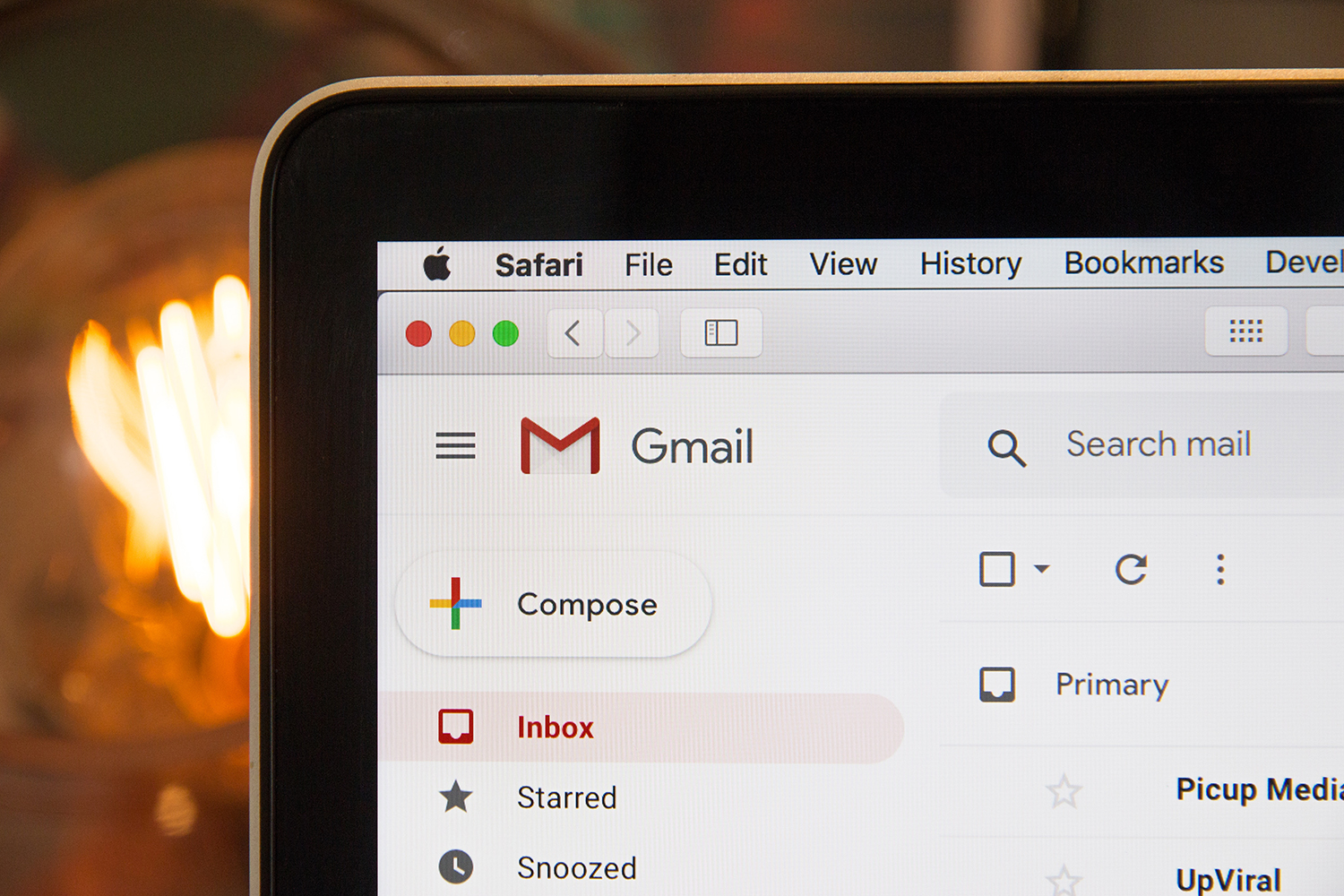Strategy Email Marketing
The ABC’s of Email Marketing: A Beginners Guide
Email marketing is consistently ranked high up the list of effective marketing channels. Still, with a strong open-rate, it has beaten the hype of competing channels, remaining as a marketing mainstay in most marketers’ toolbox. But before you become a master, you must understand the ABC’s of email marketing.
Data has shown that despite the emergence of new media channels, email marketing is still worth taking seriously. And it’s for this reason that marketers globally are still using email marketing as a key element in their marketing mix.
So let us explain to you the ABC’s of email marketing and marketing automation.
What is email marketing
Before going into the benefits, uses and the overall ABC’s of email marketing, you need to know what it is. At its core, email marketing is a direct form of marketing where businesses promote themselves and communicate to willingly engaged audiences. For businesses, this is typically done through marketing automation apps that send bulk emails to recipients.
Often businesses use email to build quality relationships with their followers. They do this for many reasons. Like keeping followers informed, offering discounts, encouraging customer loyalty and making promises that you’re going to keep.
Some people believe email marketing is an outdated medium, but they couldn’t be more wrong. Email marketing is just as important today as it was when the internet came out and marketers saw an 80% open rate.
Yet since its inception, email marketing has evolved massively. Proving to be a powerhouse of a marketing tool. So much so, that you’d often find entrepreneurs argue that it is more important now than ever before.

What are the benefits of email marketing
There are many benefits of email marketing. From the fact that it’s paperless and saving the environment, to the fact that people are still happy to continue to open an email from companies they love.
But the greatest benefits of email marketing are listed below:
- Inexpensive (makes for high ROI due to lack of ad money behind it)
- Easily done by anyone
- The person sending the email has full control of the message
- Highly targeted and segmented
- Trackable
- Can work as either a primary, secondary or support marketing media
- Captured and active audience (your list has opted-in and want to hear from you)

Key acronyms, abbreviations and words to know
Like in any marketing and business subcategories, email marketing has their fair share of acronyms to know and understand. Without knowing them, your understanding of email marketing will be lacking. However, beyond that, you’ll find it hard to interpret data and analytics from your campaigns. So this makes understanding these acronyms and specialist words integral to progressing past the stage of learning the ABC’s of email marketing and becoming a master.
So here are the email marketing acronyms you need to know:
Acronym: CTR
Meaning: A Click Through Rate is the percentage of clicks through to the links that you’ve included in your email. For example, if you have a new product you’re letting your list know about with a link to your e-commerce site, you’d monitor the CTR of how many clicked the link
Acronym: ROI
Meaning: Return on investment is the measurement of fiscal return against the money that was invested. This can be associated with email marketing, particularly for e-commerce sites. However, is mainly associated with an overall marketing plan, which includes email marketing.
Acronym: CTA
Meaning: A Call-to-Action is the action in which you’re asking the recipient of the email to take. For example, you could include a button or link to click to take the recipient to your website or blog.
Acronym: KPI
Meaning: A Key Performance Indicator is a broad term that measures whether your emails are achieving their key business objectives. This is typically an umbrella measurement, looking at the marketing and email efforts as a whole.
Abbreviation: A/B
Meaning: A/B Testing is the process of sending two (or more) variations of the same email in order to test and understand which language, images, structure, or type of email produces the best results.
Words: Bounce
Meaning: An email Bounce Rate is the rate in which an email was not delivered to the required email address. A high bounce rate could mean your email list is outdated or with wrong emails.
Words: Conversions
Meaning: Conversion Rates are the rate in which your email is converting. This measures the number of people who follow your links and perform a conversion. This could be opting in to follow your blog, making a sale on your e-commerce site or another conversion.
(READ: 3 Ways to Get More Action Out of Your Current Leads)
Things to remember
You are a guest in their inbox
Most brands believe their email marketing campaigns are amazing and everybody must want to hear what you have to say. But the reality is that people are inundated with messages, interruptions, pitches and advertisements everywhere they look.
Due to this, it’s likely that the reader may think your message looks the same as the rest.
That’s why it is important to remember where you are and use your manners when you speak to your email database. Because ultimately, you’re a guest in their inbox. So be on your best behaviour at all times!
You need to get permission to speak to them
Your email list is one of your most valuable resources. So if you’re serious about growing your business, a healthy email list should be a top priority. This is because, at the end of the day, you’re email marketing list is one of the only online assets that you have 100% control over.
Still, in order to create your healthy email list, you need people to opt-in. So before you can even begin to speak to people, you need their permission for you to do so.
Neil Patel said it best “no email campaign was ever built without getting permission to get started.”
There are many ways you can go about doing this. Sometimes it’s a good idea to provide your potential email marketing listees with a free gift in exchange for their email. Whereas for another business, it may be better to make the promise of excellent content in exchange for their email.
When building your database, there is no right or wrong way. However, when you approach the individuals, you need to approach them with a clear purpose for asking for their email. Make it clear what you’re sending them, try to explain how often (if you can) and of course get them interested.
To do this, being succinct is important. So strong copywriting skills are required.
(READ: Avoid Making 3 Ad Copy Mistakes & Boost Your Paid Search Success)
Analytics and segmentation
An important aspect of the ABC’s of email marketing is understanding data, analytics and segmentation. Without analytics and data, you’d never know what works. This is true across media. From TV and radio, to social ads, to OOH. So it only makes sense that you get the same service through your email marketing and marketing automation services.
There is a whole host of data you can receive through your email marketing. You can not only get insights into the email you sent, but also on your audience.
Although all data and analytics are important, I’ve found open rate, click-through rate, and unsubscribes to be the most important.
Open rates explain how many people open your emails. It’s based on a single invisible tracking pixel that loads when someone clicks on your message.
Typically your marketing automation platform would tell you how well you’ve built your relationship with readers. Meaning, you’ll receive data on how many times that individual has opened your emails and how long it takes for them to open.
“If your open rate is low, it usually means you have a lot of unengaged subscribers.” according to Neil Patel. So perhaps you need to work harder on providing value and managing expectations.
Next, as discussed above, your CTR shows the percentage of people who clicked on a link in your email.
A low CTR could mean a number of things. Maybe that your message is not targeted enough or maybe that they’re not getting through and engaging.
Finally, the seemingly worst of the lot is your unsubscribe rate. This lets you how many people have opted to unsubscribe from your mailouts.
A big issue is if your unsubscribe rate is high. If it is higher in comparison to your opt-in rate, then you’ve got some serious work to do.

Email marketing automation platforms
There are many email marketing and marketing automation platforms out there. The main ones have integrated systems in place so that your emails can not only be custom, but link into other areas of your business.
This means that if you use HubSpot, MailChimp, Drip or Klaviyo (four of the main email marketing and marketing automation platforms), then you’ve gained a whole host of features.
They are the ability to:
- Design your optimal email
- Send to your full email list
- Schedule your mailouts and newsletters or send automatically
- A/B test your emails
- Get detailed and insightful analytics and data
- Segment your email list into groups and subgroups for different email requirements
- Big-name integrations through Magento, Shopify and Facebook Ads
In conclusion
Email marketing and email marketing automation are important tools in any marketers toolbox. As email marketing still reigns supreme as a standout performer in terms of engagement and open rates, marketers should use their customers’ willingness to their advantage. But doing this is not always straightforward, so thoroughly understanding the ABC’s of email marketing is critical before moving onto more advanced email marketing applications.
Yet, given that these people have opted into your email list and want to hear from you, there is no harm at all in letting them know what your business is up to and informing them of any specials for them to jump on. For any email list worth it’s salt, the recipients have chosen to hear from you and expect you to communicate to them.
Remember, if you haven’t yet gotten into the email marketing game, then it isn’t too late. Begin by learning the ABC’s of email marketing, collating a list of subscribers and sending them regular updates and messages. They’ll not only appreciate the communication, but will likely repay you in understanding your brand better… which will in turn, leads to brand loyalty.
We want to hear from you! Follow us on LinkedIn, Facebook and Instagram to keep up with us, get our notifications and start a conversation!


 Level 28, AMP Tower, 140 St Georges Terrace, Perth WA, 6000
Level 28, AMP Tower, 140 St Georges Terrace, Perth WA, 6000  +61 8 6244 0022
+61 8 6244 0022 

